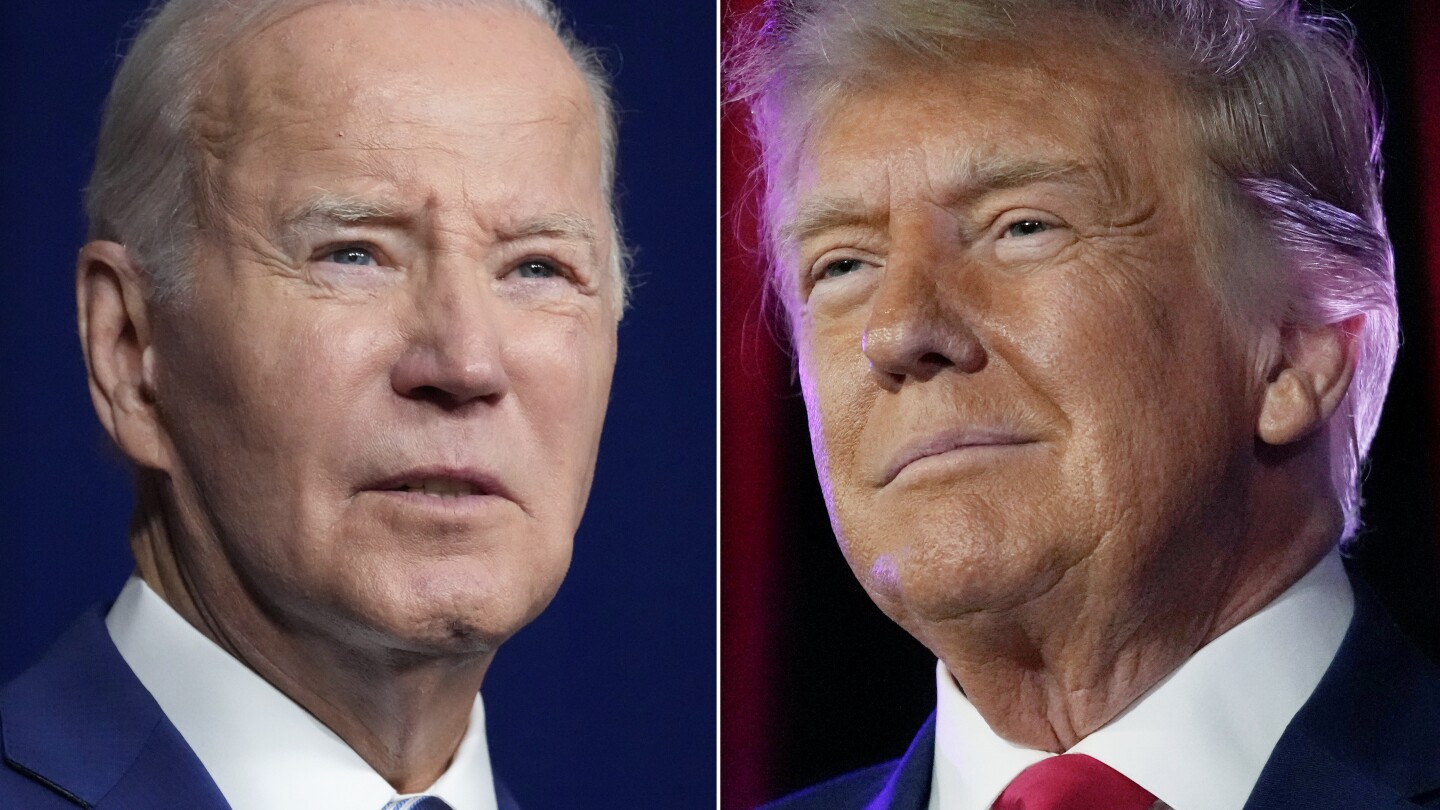More than 50 countries that are home to half the planet’s population are due to hold national elections in 2024, but the number of citizens exercising the right to vote is not unalloyed good news. The year looks set to test even the most robust democracies and to strengthen the hands of leaders with authoritarian leanings.
From Russia, Taiwan and the United Kingdom to India, El Salvador and South Africa, the presidential and legislative contests have huge implications for human rights, economies, international relations and prospects for peace in a volatile world.
In some countries, the balloting will be neither free nor fair. And in many, curbs on opposition candidates, weary electorates and the potential for manipulation and disinformation have made the fate of democracy a front-and-center campaign issue.
A possible rematch between President Joe Biden and his predecessor Donald Trump looms large in the election calendar; a Trump victory in November is perhaps the greatest global wildcard. Yet high-stakes votes before then also will gauge the “mood of dissatisfaction, impatience, uneasiness” among far-flung electorates, said Bronwen Maddox, director of the London-based think-tank Chatham House.



This is the best summary I could come up with:
LONDON (AP) — More than 50 countries that are home to half the planet’s population are due to hold national elections in 2024, but the number of citizens exercising the right to vote is not unalloyed good news.
From Russia, Taiwan and the United Kingdom to India, El Salvador and South Africa, the presidential and legislative contests have huge implications for human rights, economies, international relations and prospects for peace in a volatile world.
Bangladeshi Prime Minister Sheikh Hasina, the world’s longest-serving female leader, won a fourth successive term Monday in an election that opposition parties boycotted and preceded by violence.
India, the world’s most populous country, is due to hold a general election by mid-2024 that is likely to bring Prime Minister Narendra Modi of the right-wing Hindu nationalist Bharatiya Janata Party a third consecutive term.
Mujtaba Rahman of political consultancy Eurasia Group predicted that the upcoming European Parliament races won’t produce a populist majority but “the center will lose ground compared to the last vote” in 2019.
The ANC has held the presidency and a majority in parliament since the end of the country’s racist apartheid system in 1994, but the previously revered organization won less than half the vote in 2021 local elections.
The original article contains 1,419 words, the summary contains 206 words. Saved 85%. I’m a bot and I’m open source!